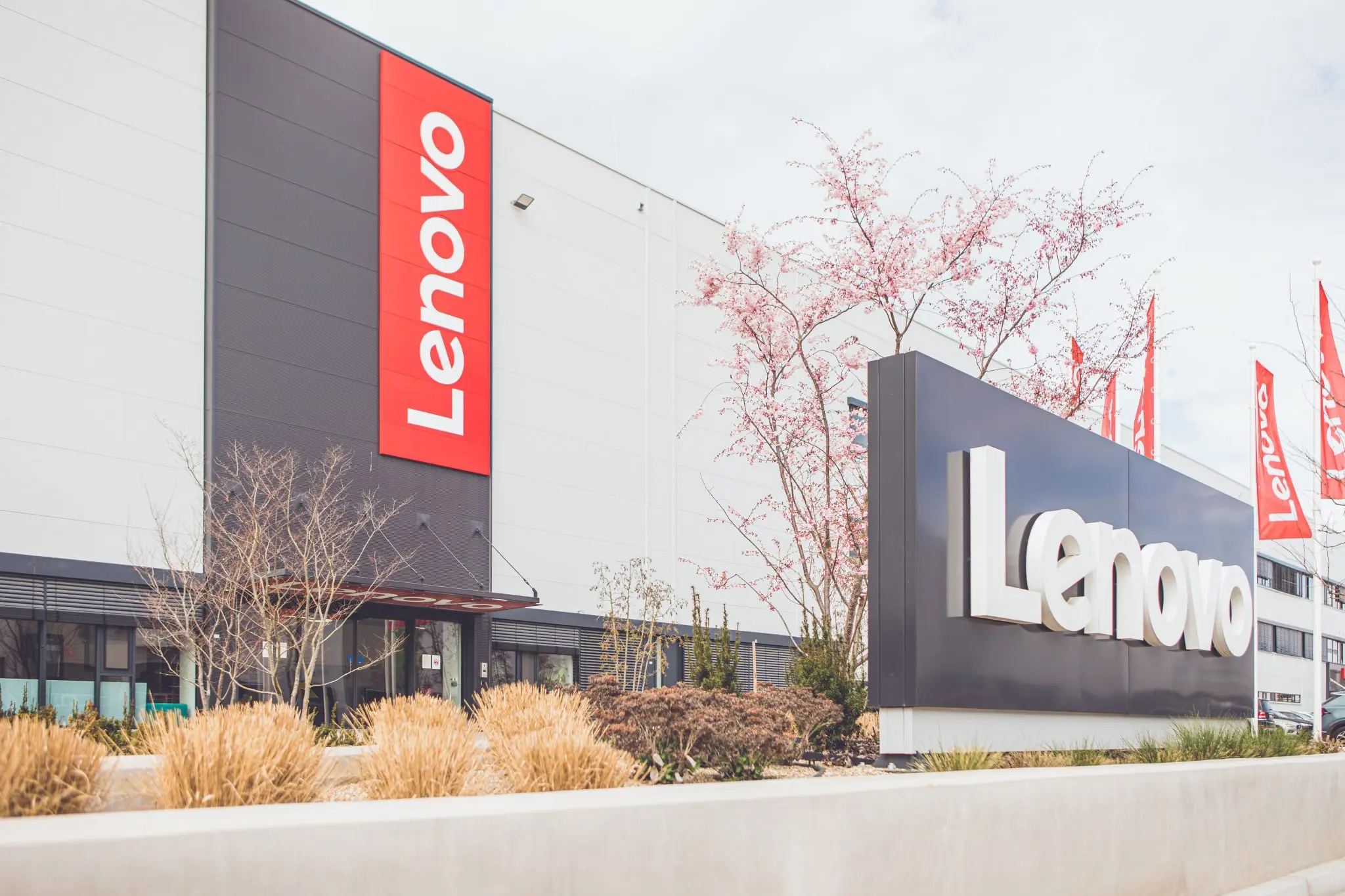Punitive tariffs imposed by Donald Trump's government have led to the first wave of price increases. Acer was the first manufacturer to announce a 10% price hike on all computers and notebooks in the USA. The country imposed the same 10% tariff on February 1st. Other manufacturers are expected to follow, and the administration plans to introduce additional tariffs.

Punitive Tariffs: PC Manufacturers Raise Prices
US President Donald Trump plans to impose 25% tariffs on semiconductor products and cars to pressure foreign manufacturers to move production to the USA. Exact details will be released in early April, but the government is set on implementing these tariffs. For products made in China, which make up most IT products, these new tariffs would be added to the 10% tariffs introduced in early February.
Price increases – low hardware margins
Providers such as Acer, Asus, Dell, HP, and Lenovo are all affected by the punitive tariffs, as almost all PCs and notebooks are produced in China. The current additional import tariffs of 10% cannot be absorbed by the manufacturers and are therefore passed on to the customers.
Production in the USA unlikely
The assembly of PCs in other countries such as Vietnam, India, or Mexico is only realistic in the medium term because, unlike digital signage, production facilities do not yet exist. Assembly in the USA is considered unrealistic due to the high labor costs.
South Korea: semiconductor manufacturing is the most important industry
For South Korea, semiconductor manufacturing is the most important industry. Leading companies like Samsung Electronics and SK Hynix export computer chips worth $140 billion worldwide—twice the value of car exports from Hyundai and Kia.
For the export nation South Korea – similar to Germany – the new punitive tariffs could hit the business model hard.

